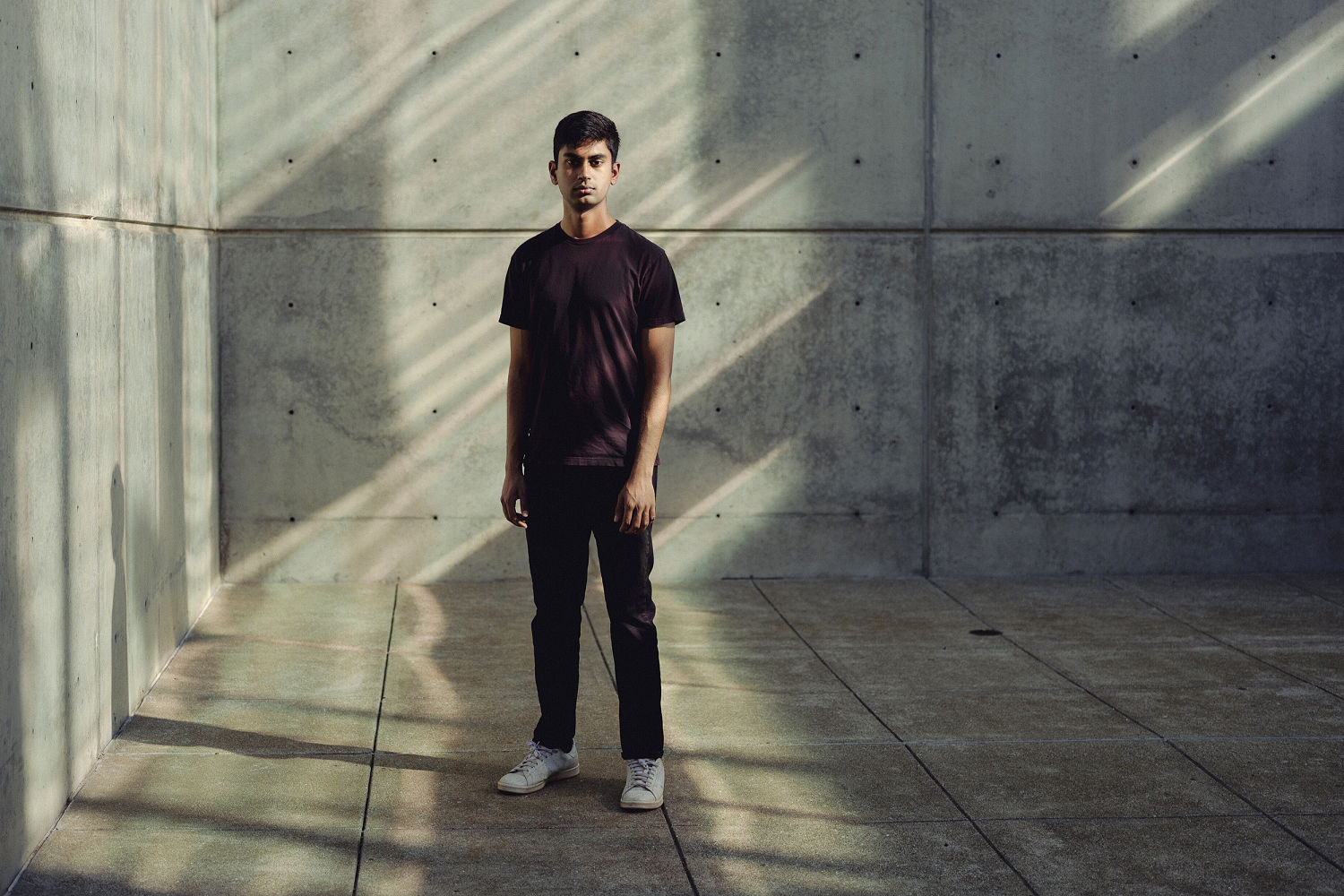According to CNBC, Suchir Balaji, a 26-year-old former OpenAI researcher, was discovered dead in his San Francisco apartment in recent weeks.
Balaji departed OpenAI earlier this year after publicly voicing concerns about the company’s alleged violations of U.S. copyright laws during the development of its well-known ChatGPT chatbot.
David Serrano Sewell, executive director of San Francisco’s Office of the Chief Medical Examiner, emailed CNBC on Friday to inform them that the cause of death had been identified as suicide. Balaji’s nearest of kin have been informed, he said.
In an email, the San Francisco Police Department stated that officers were summoned to a Buchanan Street residence on the afternoon of November 26 in order to perform a welfare check. According to the agency, during their preliminary investigation, they uncovered a deceased adult male and found no evidence of foul play.
The San Jose Mercury News was the first to report about Balaji’s passing. The paper contacted a family member who asked for privacy.
The New York Times published an article about Balaji’s worries in October.
Balaji told the newspaper that if you share my beliefs, you should simply quit the organization. According to reports, he thought ChatGPT and similar chatbots would ruin the businesses of the individuals and groups that produced the digital data and material that are currently frequently utilized to train AI systems.
Balaji’s passing was confirmed by an OpenAI representative.
The spokeswoman wrote in an email, “We are heartbroken to hear this very sad news today and our thoughts and prayers are with Suchir’s loved ones during this trying time.”
More from CNBC
-
Softbank CEO and Trump to announce $100 billion investment in U.S. by firm
-
Amazon and the endangered future of the middle manager
-
Why the U.S. government is saying all citizens should use end-to-end encrypted messaging
A number of publishers, authors, and artists are currently facing legal action from OpenAI for allegedly using copyrighted content as AI training data. News organizations filed a lawsuit last December that aims to recover billions of dollars in damages from OpenAI and its main supporter, Microsoft.
At a Bloomberg-hosted event in Davos earlier this year, OpenAI CEO Sam Altman stated, “We really don’t need to train on their data.” I believe that people are not understanding this. For us, any one training source doesn’t make a significant difference.
If you are having suicidal thoughts, contact theSuicide & Crisis Lifelineat 988 for support and assistance from a trained counselor.
Note: Every piece of content is rigorously reviewed by our team of experienced writers and editors to ensure its accuracy. Our writers use credible sources and adhere to strict fact-checking protocols to verify all claims and data before publication. If an error is identified, we promptly correct it and strive for transparency in all updates, feel free to reach out to us via email. We appreciate your trust and support!

